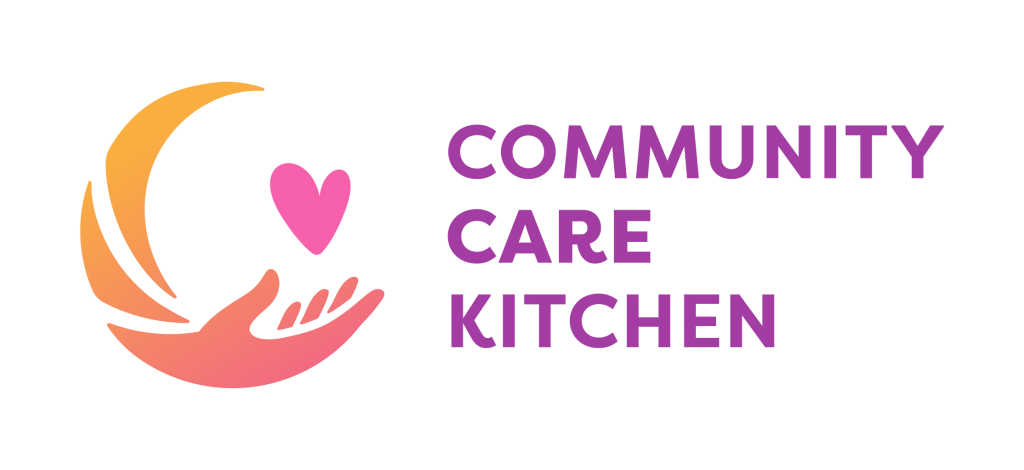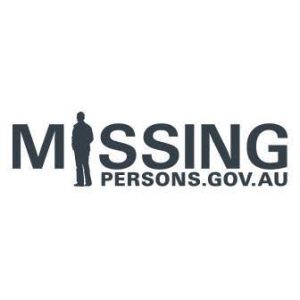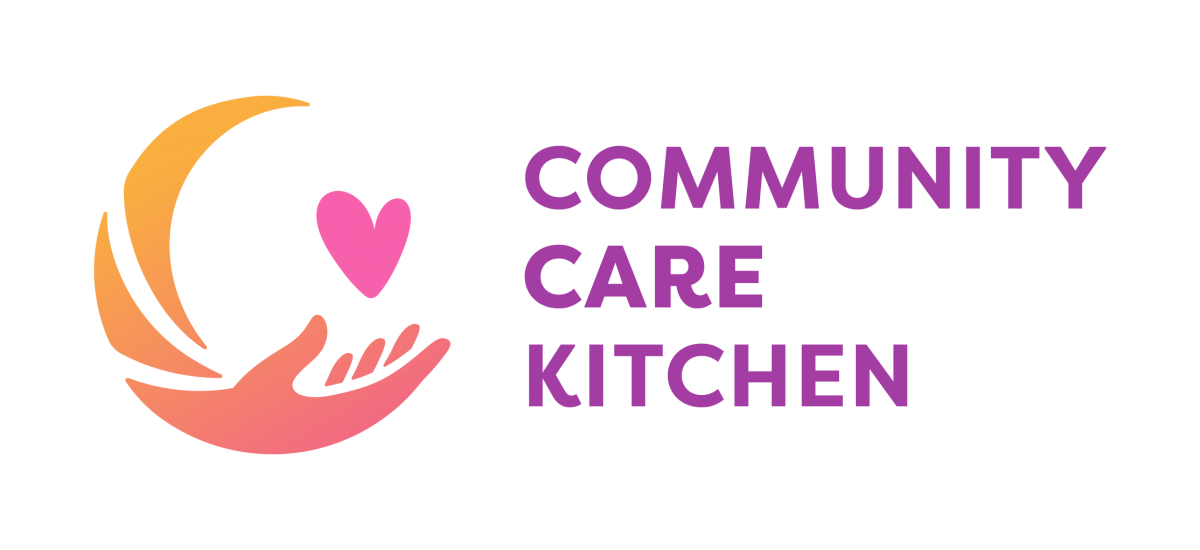The pandemic has led to a surge in people needing help putting food on the table
Rosanna Barbero passes a woman weighing raisins, then skirts around a pallet of Vegemite jars to enter a cavernous hall where a chain of volunteers is pushing hampers along tables – adding flour, vegetables and sanitiser wipes.
The head of Addison Road Community Organisation, in Marrickville in Sydney’s inner-west, sits down, perhaps for the first time that day.
“We are going to have a huge party when we close all of this down, because we will have humane policies in place and people won’t need us,” Barbero says. “This shouldn’t exist. We should be running other programs.”
Demand for emergency food relief has surged in New South Wales since the organisation started delivering hampers in March 2020 during the state’s first wave of COVID-19 infections.
“We used to have a social safety net that could cushion a blow, and one thing wrong didn’t mean you would fall over the damn edge,” Barbero says. “There would be a short period of time that you would have to do it tough, but now you’ve got this precariat close to homelessness.”
In the car park, people line up with bursting bags of empty cans and bottles to tip their collections into the recycling machine that pays them 10 cents per container. Some of them then walk straight to the food pantry for subsidised groceries. A woman loads the car she has hired to distribute some of the 1200 weekly hampers for individual households – another 2800 go to smaller community organisations to redistribute. A musician who would normally be driving a travelling children’s theatre troupe arrives to transport a truckload of hampers 630 kilometres north-west to Walgett, where people are isolating in motorhomes.
Barbero says that, without government support, hundreds of volunteers “from every walk of life” have come together to fundraise, take phone requests, pack the groceries, find drivers and distribute food.
The army of volunteers includes four laid-off Qantas flight attendants, former Socceroo star Craig Foster, a foreign correspondent grounded in Australia, teenagers on school holidays, a food critic, and dozens of South American international students who would have starved without the centre’s food hampers last lockdown and now want to pay it forward. They have all learnt lessons along the way: donated sourdough bread is too tough for people who can’t afford dental care, some hampers need to be culturally specific, and not everyone wants baked beans.
Further west, Sana Karanouh, president of Community Care Kitchen, says the charity run by 10 women went from feeding 20 families each week to 600 families in the first week of the last lockdown.
“We set up an emergency hotline and we thought we could just do 24 hours seven days a week for those two weeks,” Karanouh says. “But then we would hold our breath, and each [announcement] was a letdown as we had restriction after restriction.”
Lockdown stretched more than 13 weeks beyond that scheduled fortnight and the local council, Canterbury Bankstown, became one of a dozen “areas of concern”, subjected to harsher rules, regular police checks and helicopters circling above.
“The last three months have been the most stressful in the whole team’s lives,” Karanouh says. “We have been run off our feet and we were losing people ourselves. We have had family members and a volunteer who also passed away from COVID.”
The team has not stopped delivering food, around half of which has been for thousands of people in isolation. The service has become more urgent, as wait times for deliveries from major supermarkets in the area have stretched to two weeks. Community Care Kitchen usually buys meals from local businesses and redistributes them, but for the first time those who usually donate food and money are asking the organisation for assistance.
“We service people who live below the poverty line, but lockdown has completely changed that, and now half the people are those who were financially viable before,” Karanouh says. One woman, whom she helped and now can’t forget, was an asylum seeker who had COVID-19 and her husband had cancer, so she was isolating from him and their young children.
“These people have no government support, and they are relying on others for food and then dealing with whether or not they can even stay here. I just can’t imagine how hard it was.”
There was a 600 per cent increase in demand for hampers in Greater Sydney from the food rescue organisation OzHarvest from the beginning of lockdown. For the first time OzHarvest is having to purchase groceries rather than using only what was destined for landfill, to keep up with demand.
“We know in the longer term the environmentally and financially sustainable option is to keep doing food rescue, but, in a crisis, when you have to feed a lot of people quickly, you need to purchase food,” OzHarvest’s Sarah Flomersfeld says.
A group of people whom she calls “the newly vulnerable” has been approaching the organisation, anxious they may not even be eligible. “These are people who have never had to seek food support,” Flomersfeld says. “If you lose one or two incomes and you still have a range of costs from your mortgage to your school fees, well, very few people are in a situation where they can manage.”
Even while restrictions continue to ease, Flomersfeld anticipates demand for food will continue as relief payments are rescinded. “We suspect we haven’t hit the peak yet,” she says. “It will take years for the people in Western Sydney to recover from this.”
SHINE for Kids, which helps families with children whose parents are in custody, has provided a fortnightly food service to 40 families and 225 individuals with loved ones in prison during lockdown. “We talk about children of prisoners being invisible victims of crime, and COVID has just made them more invisible,” national manager April Long says. “So the hampers are a great outreach to check in and see how they’re going.” By mid September there had been more than 300 COVID-19 cases in NSW prisons, and families were anxious about their relatives inside, particularly once visits were suspended. Long repeats what many of those providing relief say: their work is about more than just food.
Frény Ardeshir began the Sydney Food Share Facebook page in 2017. “I think they just search for free food in Sydney and they find me,” the 67-year-old says. And people have been finding her in larger numbers lately, so she now calls out for food donations when needed. During lockdown, Ardeshir relied on other volunteers to take supplies, pack hampers and return them to her. Today she is organising snack packs for children of hospitalised COVID-19 patients. “You cannot do this kind of stuff on your own, but I can’t have anyone else in my house to help me at the moment and sometimes I feel a bit loopy, like I’m losing my marbles.”
In the past week, Ardeshir has organised food packages for a single mother with three children and a newborn, who has moved into temporary housing. She has delivered powdered supplements to an elderly lady who is nervous to leave the house amid the outbreak, and has also been talking to a man struggling with his mental health who is concerned his neighbours are stealing from him. Ardeshir is confident he will eventually pick up his package as he has before.
In between teaching online music lessons – “I still have to earn a living” – Ardeshir tries to respond to each Sydney Food Share message within two hours. During lockdown, people were so desperate for food they caught the train from Sydney’s far west, breaching their 5-kilometre radius, to meet her at Stanmore station. “They just have to feed their family and it is urgent,” she says.
Ardeshir begins talking about how the government relies heavily on volunteer services to respond to people in crisis, but then she cuts herself off. “There’s no time to feel that resentment because if you go down that path you’ll end up feeling pretty down and angry. I’m no saint, but I’m not going to waste time steaming and fuming, because the need is there.”
GINA RUSHTON
Gina Rushton is a Sydney-based journalist and author.
Original Link: https://www.themonthly.com.au/issue/2021/november/1635685200/gina-rushton/lockdown-loaves-and-hampers#mtr




